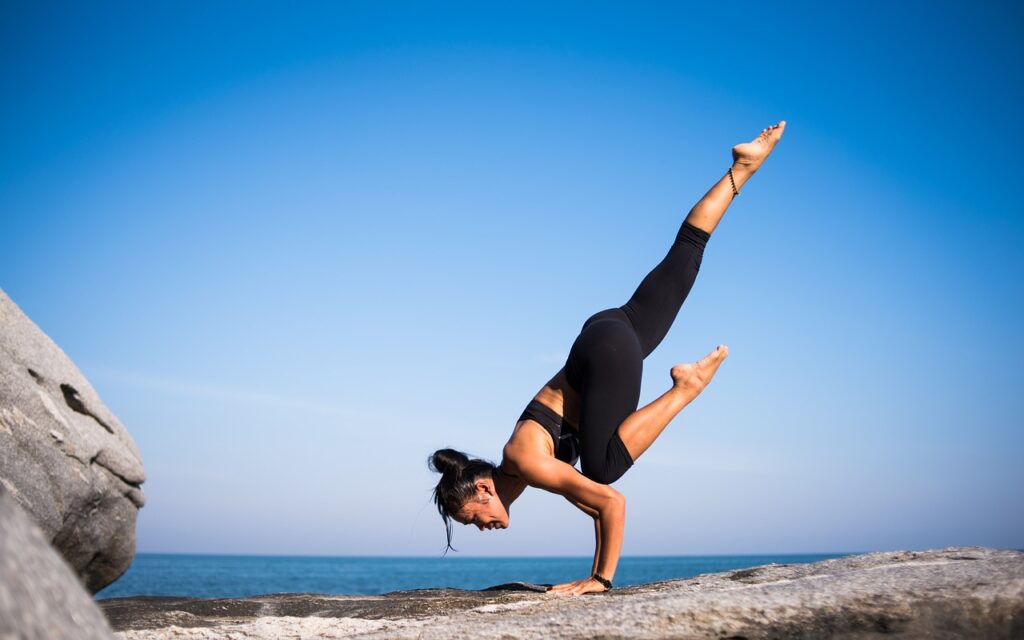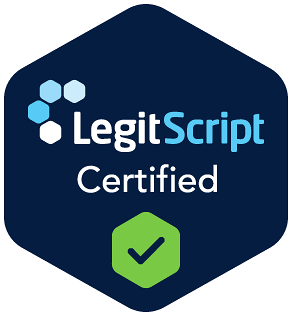Our dedication lies not just in treating symptoms but in addressing the root causes, offering a holistic approach that integrates the best of therapeutic practices with the warmth of community support.
Movement as Medicine

If someone told you that you could take a medicine that would improve your physical and mental health and quality of life, would you take it?
If you answered yes, then there’s good news for you. That medicine is movement—from walking, running, and other aerobic exercise to boot camp workouts to yoga and tai chi. Recent studies have shown that movement can be an effective adjunctive therapy for substance use and mental health disorders and as an overall recovery support. In a 2020 study about a walking/running program used as an adjunctive treatment, the researchers noted that exercise influences “many of the same signal molecules and neuroanatomical structures that mediate the effects of substance use, consistent with the theory that it can serve as a healthy, non-drug source of reinforcement to decrease substance use.”
Another recent research study found that the emotional and mental health benefits of exercise are related to endocannabinoids, which are also linked to marijuana. They reduce anxiety, increase feelings of contentment, and create optimism. The tetrahydrocannabinol found in marijuana binds to receptors in the body just like endocannabinoids do. That is what results in a drug high, in the case of marijuana, and the natural high from exercise that come from endocannabinoids.
Yoga Therapy at Encore’s Treatment Center in Virginia

Our yoga therapist uses yoga postures and relaxation and breathing exercises as well as mindfulness at Encore’s treatment center in Virginia to promote patients’ health and well-being. According to the International Association of Yoga Therapists, yoga therapy is founded on the basic principle that a yoga practice can influence positive change, giving people ways to manage, reduce, and even eliminate symptoms that cause pain and suffering.
Numerous studies have show that yoga therapy is an effective complementary therapy for treating underlying disorders, such as trauma, anxiety, and depression. Like other kinds of exercise, yoga increases levels of neurotransmitters, which in turn increase our feelings of well-being and relaxation.
Bessel A. van der Kolk, M.D., a professor of psychiatry at Boston University School of Medicine and president of the Trauma Research Foundation in Brookline, Massachusetts, wrote The Body Keeps the Score: Brain, Mind, and Body in the Healing of Trauma, in which he noted the effectiveness of yoga and other exercise as adjunctive therapies for the treatment of trauma. Trauma is oftentimes linked to sensory experiences that are difficult to resolve purely through traditional talk therapies. Yoga therapy and other types of movement-based therapies as well as breathing exercises and body-based work allow the body to make connections that can lead to healing for trauma and other mental health and substance abuse issues.
Yoga therapy integrates the body and the mind. An article in Social Work Today magazine described how yoga can positively affect brain function, by disrupting neural pathways that may reinforce drug use. The article noted that studies show that it can alter brain density and may even change the size of parts of the brain to allow for better decision-making, concentration, and increased self-awareness.
Research has also shown that moving in unison, including breathing in unison, both of which are part of yoga classes, triggers a release of endorphins, helping us to both bond with others in the class as well as giving us a sense of joy. Dancing and other group exercise classes can have the same effects.
Integrative Treatment at Encore’s Outpatient Treatment Center in Virginia
Integrating body, mind, and spirit at our treatment center in Virginia is a key tenet supporting Encore’s approach to addiction treatment and the mental health issues that often co-occur with addiction. Giving our patients a proven and effective movement therapy like yoga and prescribing other movement-related holistic therapies are an important component of every patient’s treatment plan at our treatment center in Virginia.
Contact us today to get started!
Resources
Can exercise help conquer addiction?
Here’s how exercise reduces anxiety and makes you feel more connected
Hope, Happiness And Social Connection: Hidden Benefits Of Regular Exercise
Yoga as an adjunctive treatment for posttraumatic stress disorder: a randomized controlled trial
Yoga For Addiction — Tapping the Body’s Wisdom
Let Us Support You On Your Recovery Journey!
Copyright 2026 Encore Outpatient Services | All Rights Reserved



